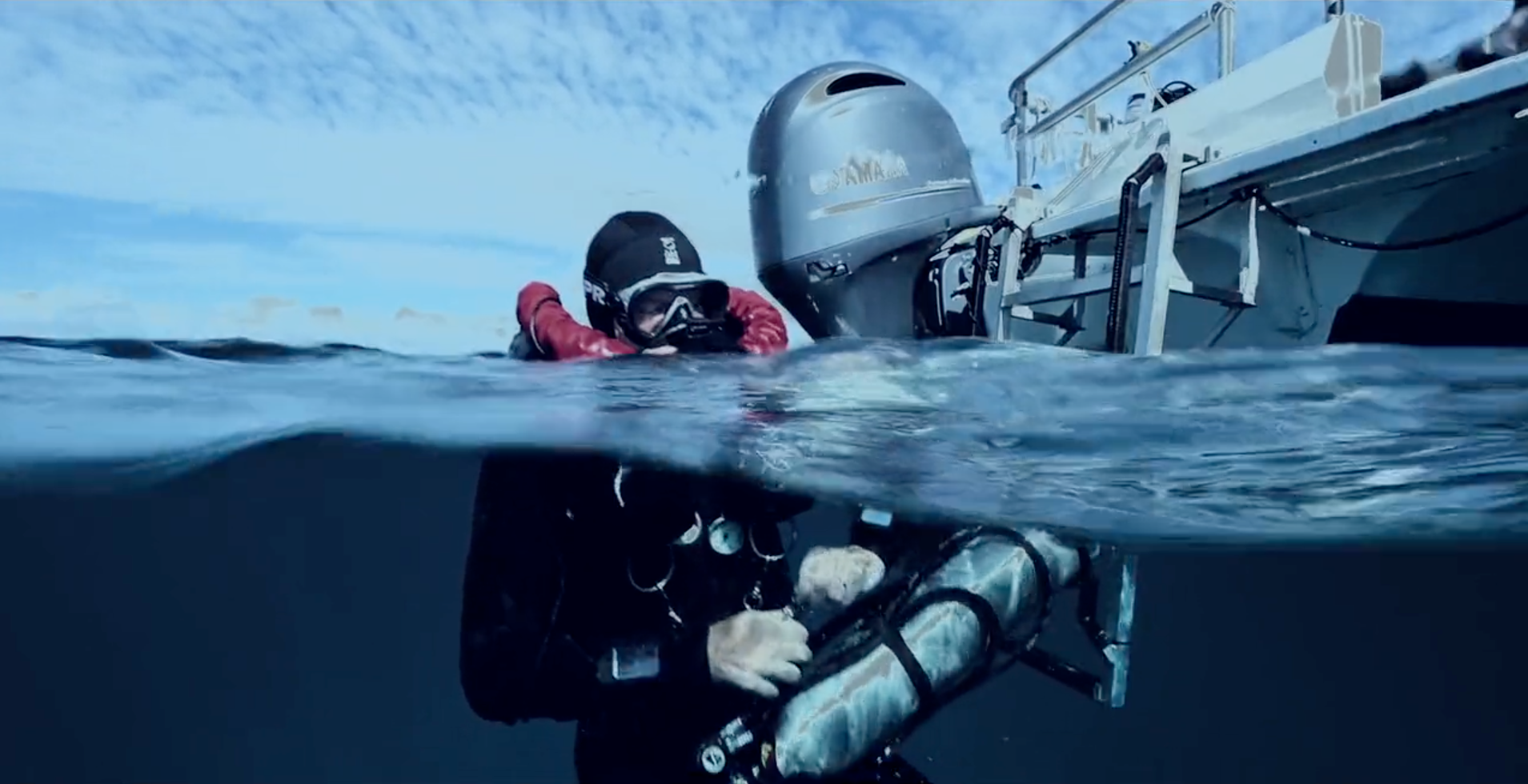THE HUMAN DIVER BLOG
Articles, thoughts, musings...all about improving yourself and your team to improve diving safety. If you like the article, please share it across social media so others can learn and reflect too...
FEATURED ARTICLES (Most recent, then top seven)
You can't run before you can walk...well, you can, but it normally ends in tears
AUTHOR: Bart den Ouden CATEGORY: DECISION MAKING, LEADERSHIP LANGUAGE: ENGLISH
If you want to become an ice diving instructor, wouldn't it be a good idea to have some experience as an ice diver first...?
READ ARTICLE
Predictive Profiling & diving: “what deviates, deserves attention!”
AUTHOR: Bart Den Ouden CATEGORY: COGNITIVE BIASES LANGUAGE: ENGLISH
On 30 May 1972 around 22:00 hours an Air France flight touched down at Lod Airport, now known as Ben Gurion International Airport, near Tel Aviv (Israel). Amongst the disembarking passengers were 3 Japanese tourists. Each of them carried a violin case and as soon as they entered the terminal building, they opened these cases. Instead of violins, they took out machine guns. They started shooting indiscriminately and also threw hand grenades as they changed magazines. Security was completely taken by surprise. How did this happen? This was seen as the start of the so-called Predictive Profiling. Until 20 May 1972 all terrorists, at least in the mind of the Israelis, were Arab. This meant the focus was on people who looked Arabic. Because this is what they thought terrorists looked like, obvious deviant behaviours and indicators were missed. In diving, we see what we expect to see, and miss the unexpected.
READ ARTICLE
Outcomes are so sexy and attractive…
AUTHOR: GARETH LOCK CATEGORY: DECISION MAKING LANGUAGE: ENGLISH
In the mid-1980s, there was a flight safety film produced which showed a Royal Air Force pilot walking out to his single-seat Jaguar fighter aircraft for a training sortie. He prepares the aircraft, starts it up and takes-off down the runway. Unfortunately, the aircraft has an engine failure immediately after take-off, but the pilot can’t jettison the external stores, and crashes and he dies because the aircraft doesn’t have enough power to fly on a single-engine given its full fuel load and the heavy external stores.
READ ARTICLEThe Best is the Enemy of the Good
AUTHOR: JENNY LORD CATEGORY: SITUATIONAL AWARENESS LANGUAGE: ENGLISH
A short while ago Gareth asked me to write a blog for this website, as a newly qualified Human Factors in Diving Instructor. We talked about a subject and all seemed ok. But try as I might, I just could not explain the topic as eloquently as I wanted. So, we had another chat and I tried a different theme. Same result. The problem was that no matter what I wrote, I just didn’t feel it matched up to what Gareth and the other new instructors had written. And that’s when it hit me- I was out Human-Factoring myself.
READ ARTICLE








